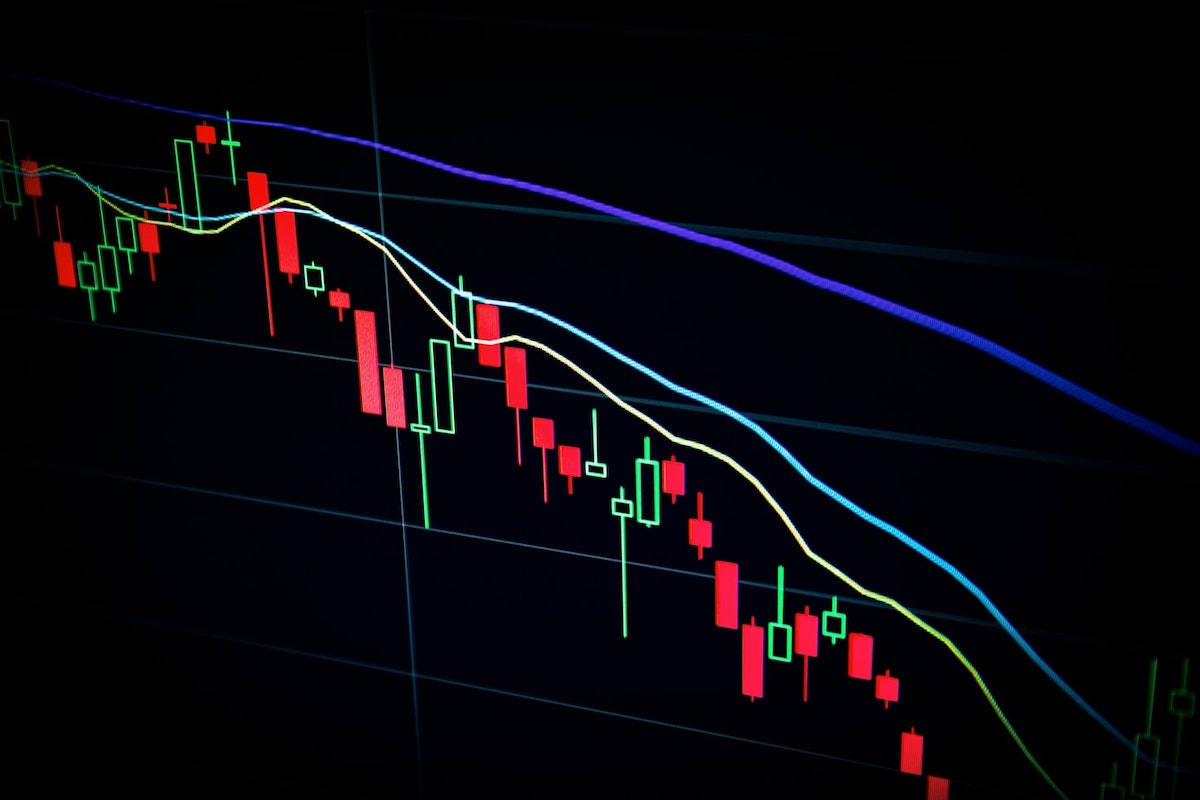
Why Canadian Investors Shouldn’t Panic about the U.S. Tariffs
U.S. President Donald Trump’s recent announcement on proposed tariffs on Canada has left many investors in a panicked state.
AP reports that the 25% tax will affect imports from Canada and Mexico, and a lower 10% tax will be imposed on Canadian energy production.
In essence, the move speaks to drug trafficking and illegal immigration. Canadian Prime Minister Justin Trudeau was quick to respond to Trump’s proclamation. He reminded the U.S. that his country invested more than 1 billion Canadian dollars to increase border security.
The back-and-forth between Trump and Trudeau has many wondering if tariff threats could result in a trade war. If the U.S. exerts more trade pressure on its North American neighbor, where does that leave investors?
The jittery market further exacerbates worries. Thankfully, economists say there’s no need to panic. We’ll explain why below.
Resilient Stock Market
The Financial Post says this isn’t the first trade war and won’t be the last. The publication adds that global stocks survived similar events.
Fortunately, Canadian stock markets were given sufficient time to prepare for occurrences and adjusted stock validations.
Despite Trump’s announcement to execute his order on March 4, investing in a tariff war doesn’t necessitate drastic measures like restructuring your portfolio. However, there are always moving parts to consider.
On the other hand, economists say active investing is crucial in a volatile market. Besides a feasible exit strategy, investing in bullish long-term commodities could be one solution.
ValueTrend has noticed a sudden surge in buying gold and says the bullion remains the best performer of the commodity sector thus far.
Knock-On Effect
Newton’s Third Law of Motion states: “For every action, there is a reaction.” The same can be applied to Trump’s tariff war.
His reasoning is simple – encourage businesses to set up operations in the U.S. In theory, this would provide more jobs for U.S. citizens and positive economic growth.
However, the plan could increase tariff costs for everyone and prompt higher inflation in the short run.
On paper, imposing tariffs sounds like a great idea but it can take several years for a company to become sustainable in the U.S. market. Until then, regular people are subjected to rising costs and business slowdowns.
Separate Noise from Facts
It’s hard to ignore social media and hearsay, but analysts advise investors to focus on the key aspects of Trump’s announcement.
Morningstar reports that economists believe a worst-case scenario is avoidable. BMO Chief Investment Officer Sadiq Adatia tells the Canadian publication that details are critical when they affect the size of the tariff, and whether it is cross-border or more targeted.
Adatia suggests keeping an eye on how the currency and financial markets react. He believes trade-sensitive industries like primary metals and food and beverages will be the most vulnerable.
Potential Exemptions
Not all sectors will be affected by the proposed tariffs. Those tied to national security may be exempt.
Portfolio manager Ben Jang tells Morningstar that uranium used in power plants and weaponry is crucial for the U.S. Canada accounts for large amounts of uranium imports to the U.S.
Ironically, Canada helps significantly reduce the U.S.’s reliance on China for cobalt and graphite.
In light of the partnership, Jang is hopeful that any tariffs on Canadian goods would be quantified to minimize unintended consequences for American consumers.
Stay the Course
As previously mentioned, there’s no cause for panic. Financial writer Christine Ibbotson says that tariffs on Canada are inevitable.
Yet, investors must remember that the Canadian stock market is influenced more by the global economy and global trade than solely by the U.S. It’s more likely Canada will go into recession and stock picks will be the most affected.
Ibbotson suggests those who have invested in blue-chip stocks stay the course. She advises taking advantage of expected downturns to buy strong securities. They are likely to rise once the economy recovers in three to four years.
In the meantime, you should prepare for the future. Ibbotson has the following to say:
• Stay invested and stick to your financial plan.
• Avoid withdrawing funds during market downturns.
• A well-diversified portfolio with blue-chip stocks will recover.
Is Trump’s Tariff Plan Viable?
CNBC’s Jim Cramer believes President Trump is convinced his tariff plan will “make America great again” without focusing on inflation and interest rates.
Despite Trump’s agenda, traders are indifferent because companies do much of their business on the domestic market.
The main message that appears to be coming from experts is not to panic.
Investing in bullish long-term commodities like gold could be a safe bet. Keep an eye on how the market reacts to Trump’s tariff announcements.
Also, note that some Canadian goods might be exempt from the tariff hike. Lastly, don’t make any rash decisions when it comes to your investment strategy.
Image: Unsplash










